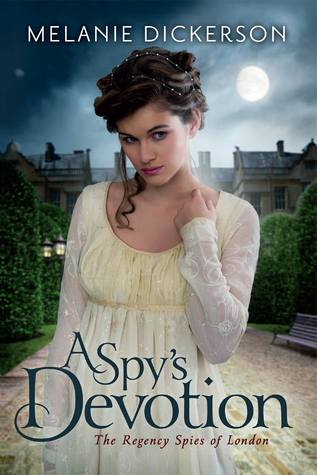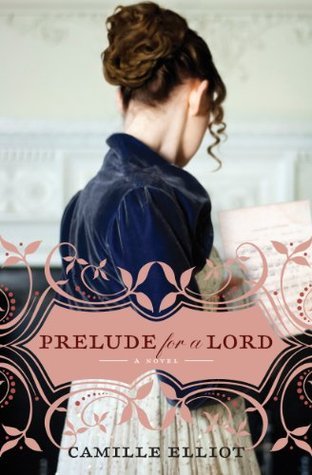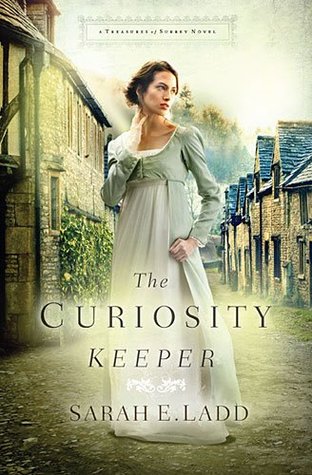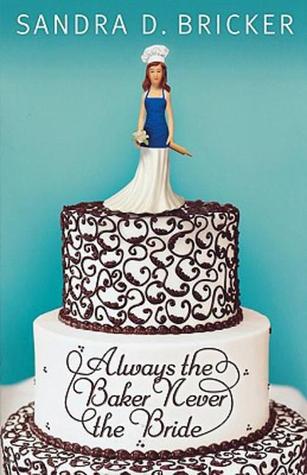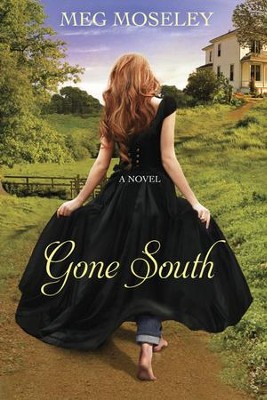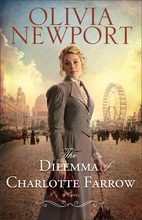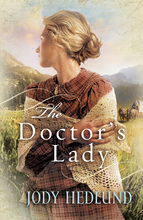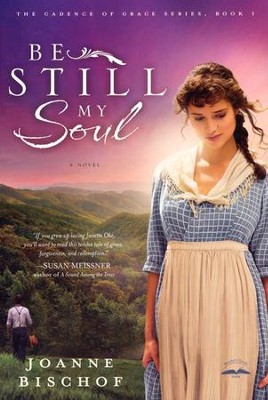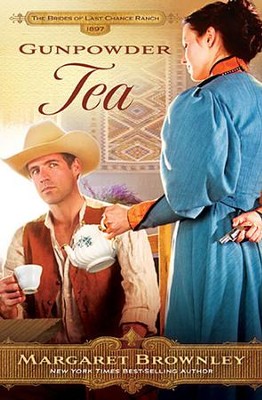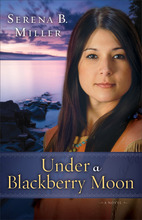No list is in order by ranking one better than another, as choosing the favorites was hard enough - ranking any one of them as The Best would slight the others! However, I dislike it to be random, ergo each category has a different but specific system of order.
My top five historical novels published in 2013:
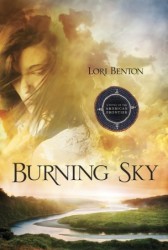 Rebellious Heart by Jody Hedlund (Bethany House, September); pre American Revolution
Rebellious Heart by Jody Hedlund (Bethany House, September); pre American RevolutionRing of Secrets by Roseanna M. White (Harvest House, March); American Revolution
Burning Sky by Lori Benton (WaterBrook, August); post American Revolution
The Tutor's Daughter by Julie Klassen (Bethany House, January); Regency England
Stealing the Preacher by Karen Witemeyer (Bethany House, May); late 1800's American West
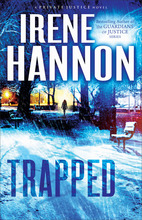
There were quite a number of mystery/suspense novels I enjoyed this year, but these two stuck out as spectacular and the epitome of their genre:
Trapped by Irene Hannon (Revell, September)
Stranded by Dani Pettrey (Bethany House, September)
 I do not read a lot of contemporary fiction that is not suspense, as I rarely come across any that I love, and I acquired this one by accident, under the mistaken impression it was about pre-WWI orphanages. I thought the cover seemed remarkably anachronistic for Bethany House, and thus there was already a minor black mark against it. When GoodReads notified me that I won a free copy, I reread the description and was aghast to discover it was just a contemporary novel. About sports, no less. BIG black mark against the book. But, since I won it, I decided I would read it and review it, which is only common courtesy, and hope it was good enough for a 4-star rating so I wouldn't feel bad about winning a book I didn't want in the first place. Thus it was a shock to discover that this is really good, with a moving story and tons of insight. I am now torn between keeping the novel and sharing it at church so everyone else can enjoy it too. Hats off to Kathryn Cushman for the surprise of the year!
I do not read a lot of contemporary fiction that is not suspense, as I rarely come across any that I love, and I acquired this one by accident, under the mistaken impression it was about pre-WWI orphanages. I thought the cover seemed remarkably anachronistic for Bethany House, and thus there was already a minor black mark against it. When GoodReads notified me that I won a free copy, I reread the description and was aghast to discover it was just a contemporary novel. About sports, no less. BIG black mark against the book. But, since I won it, I decided I would read it and review it, which is only common courtesy, and hope it was good enough for a 4-star rating so I wouldn't feel bad about winning a book I didn't want in the first place. Thus it was a shock to discover that this is really good, with a moving story and tons of insight. I am now torn between keeping the novel and sharing it at church so everyone else can enjoy it too. Hats off to Kathryn Cushman for the surprise of the year!Chasing Hope by Kathryn Cushman (Bethany House, September)
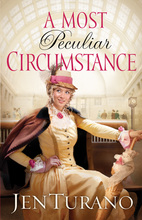
Finally, because these are still among my favorites for the year but had a hard time competing with the depth of the historical novels above, I had to create a category for Humor (which is my prerogative, as Author of this Blog and Maker of the Rules), for I have rarely laughed so hard when reading books as I did these:
A Most Peculiar Circumstance by Jen Turano (Bethany House, May)
A Talent for Trouble by Jen Turano (Bethany House, October)
What were your favorite books published this year?





